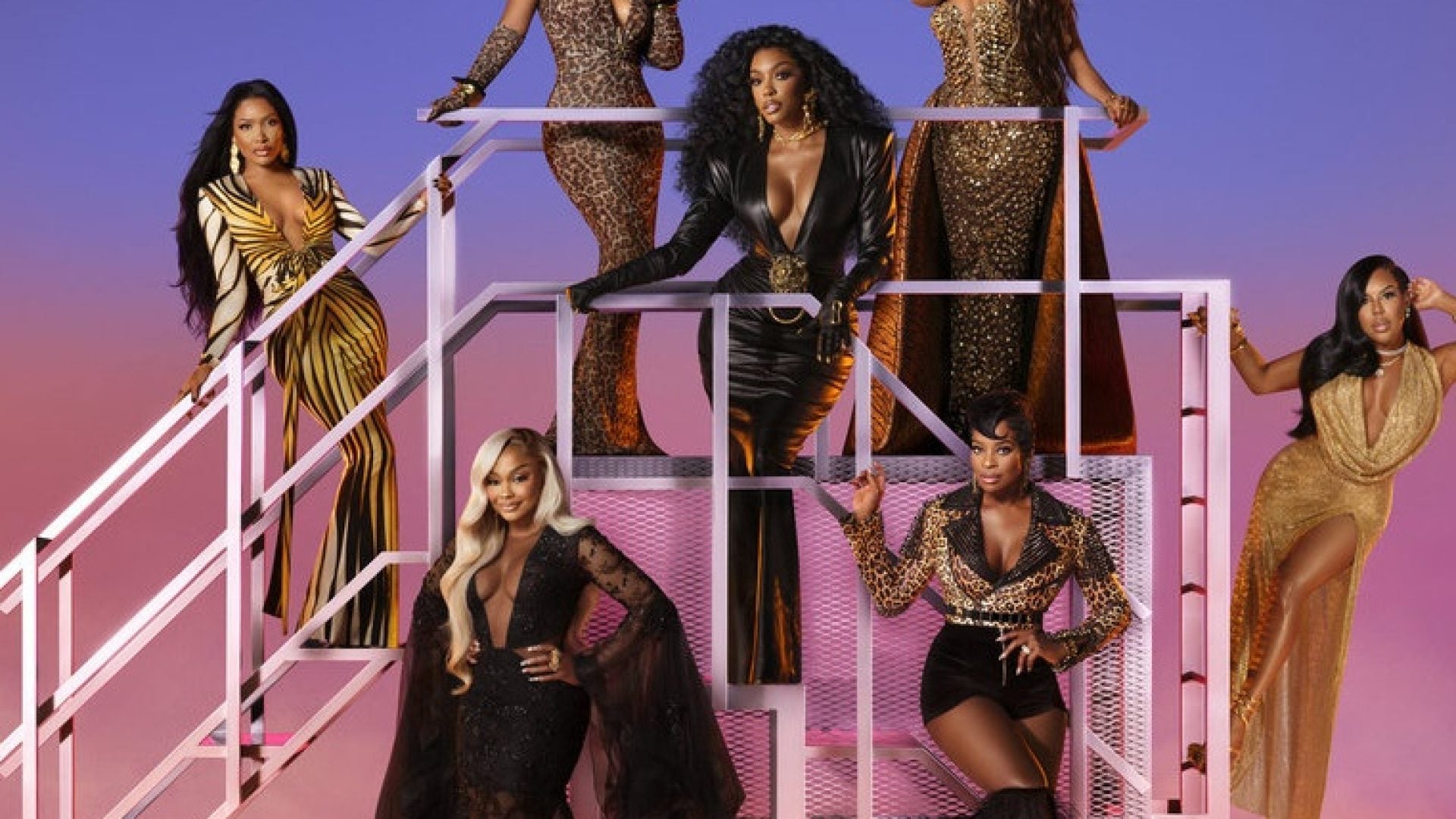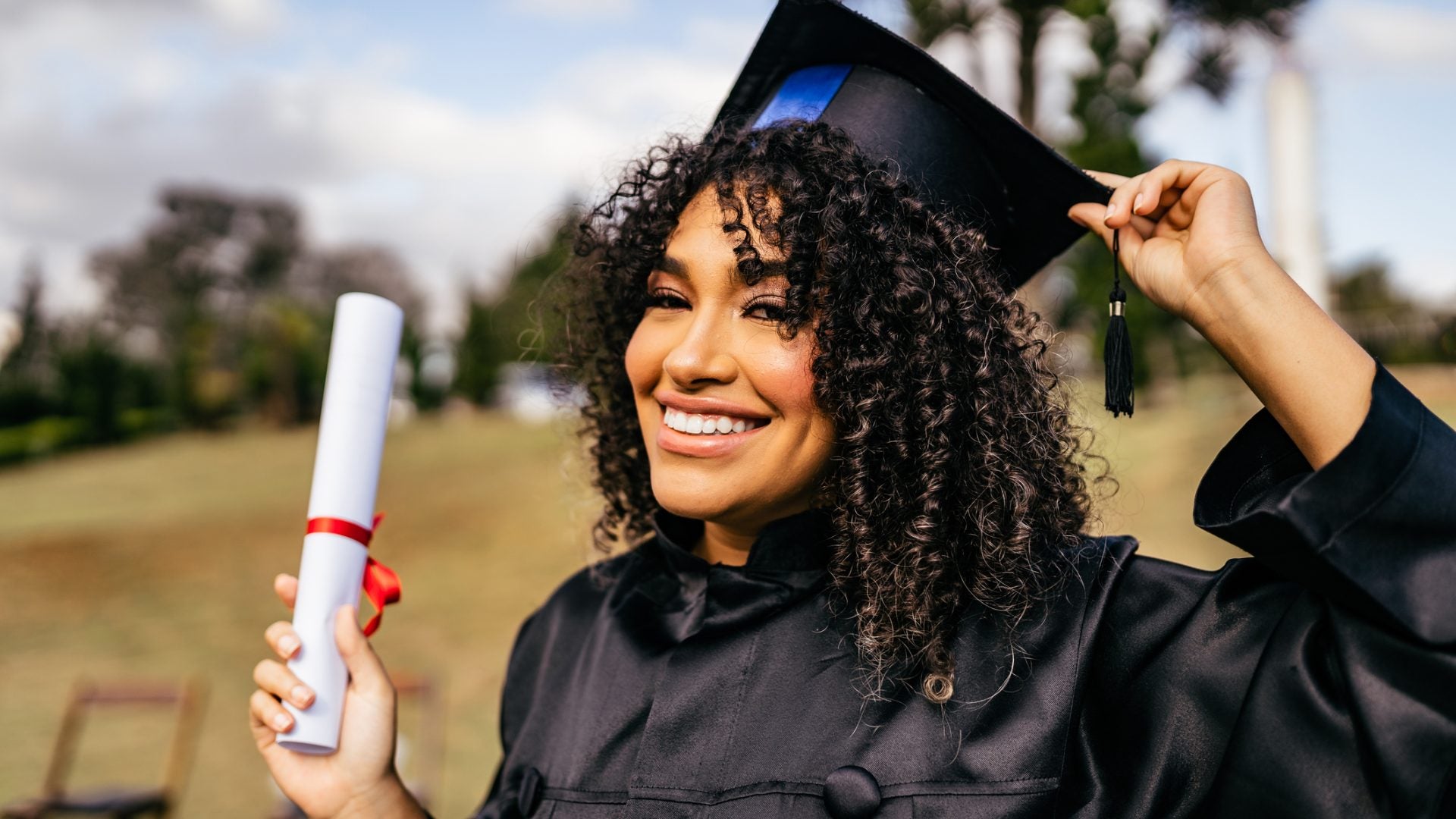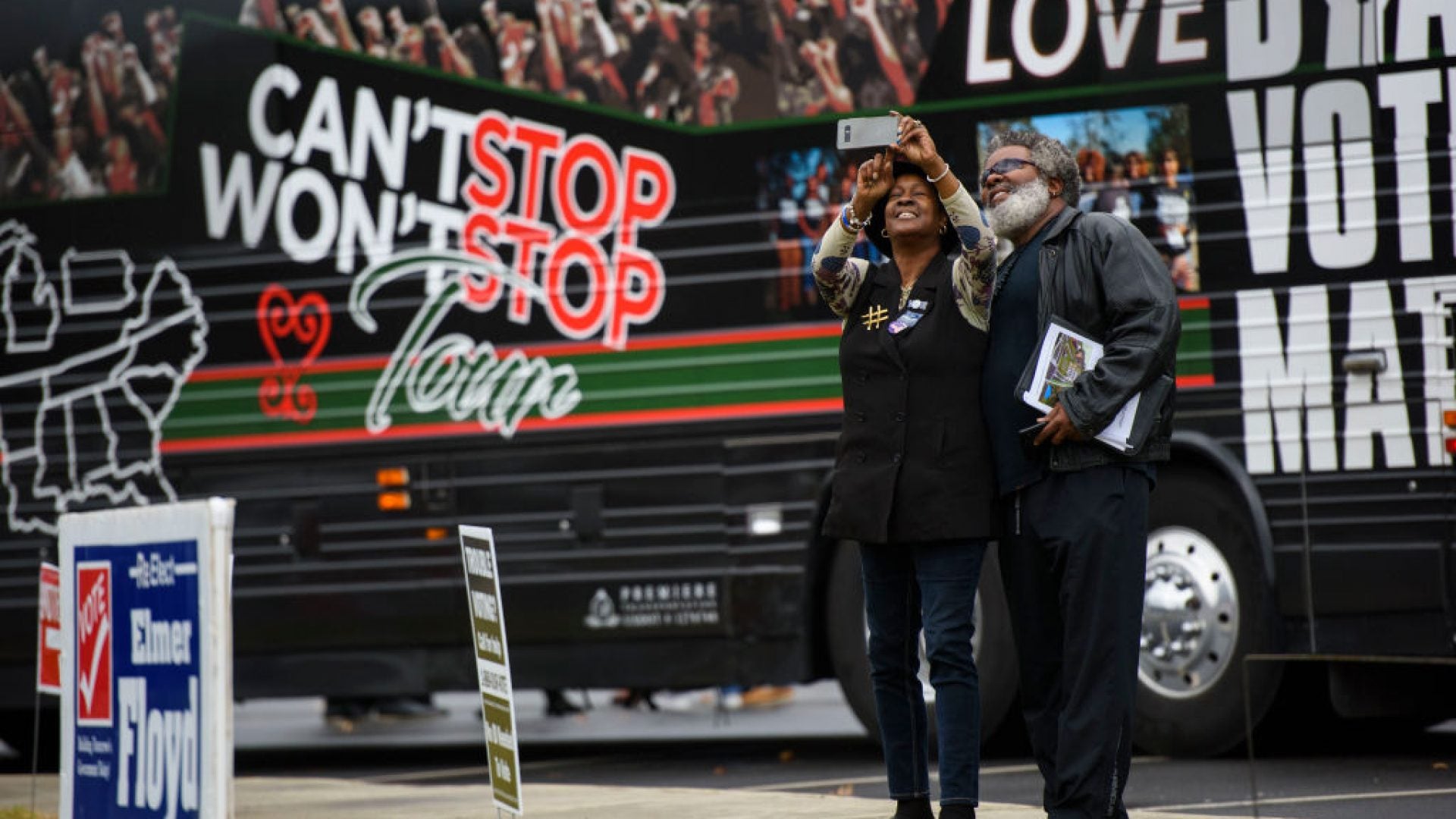
Cultural references in politics have stayed on the right side of respectability and civility, doing just enough to grab attention but not genuinely engaging with people. Often coupled with last minute get out the vote efforts, these attempts at using culture come across as inauthentic or fake.
But over the past few years, a new wave of organizers are rejecting the pearl clutching of traditional political campaigns and connecting with Black and other communities of color on their own terms.
“Our politics are in response to culture. Because culture tends to move way faster than politics,” Amber J. Phillips, culture organizer and strategist, said. “People consume politics and culture at the same time.”
Electoral participation and civic engagement are cultural practices. Aside from attracting a new generation of civically committed people, Phillips says that culture can lead us to what a new future could look like. Instead of waiting for rushed celebrity events as a part of get out the vote activities, organizers are bringing in art, language, and music into the core of their work.
“We want to change the culture of voting,” Nse Ufot, CEO of the New Georgia Project, said in an interview with Scalawag Magazine’s As the South Votes. “We need to lean into culture in order to do so.”
Ufot shared that most people were skeptical when the New Georgia Project started working with gamers. She said people had no clue what relevance gaming had to voting rights.
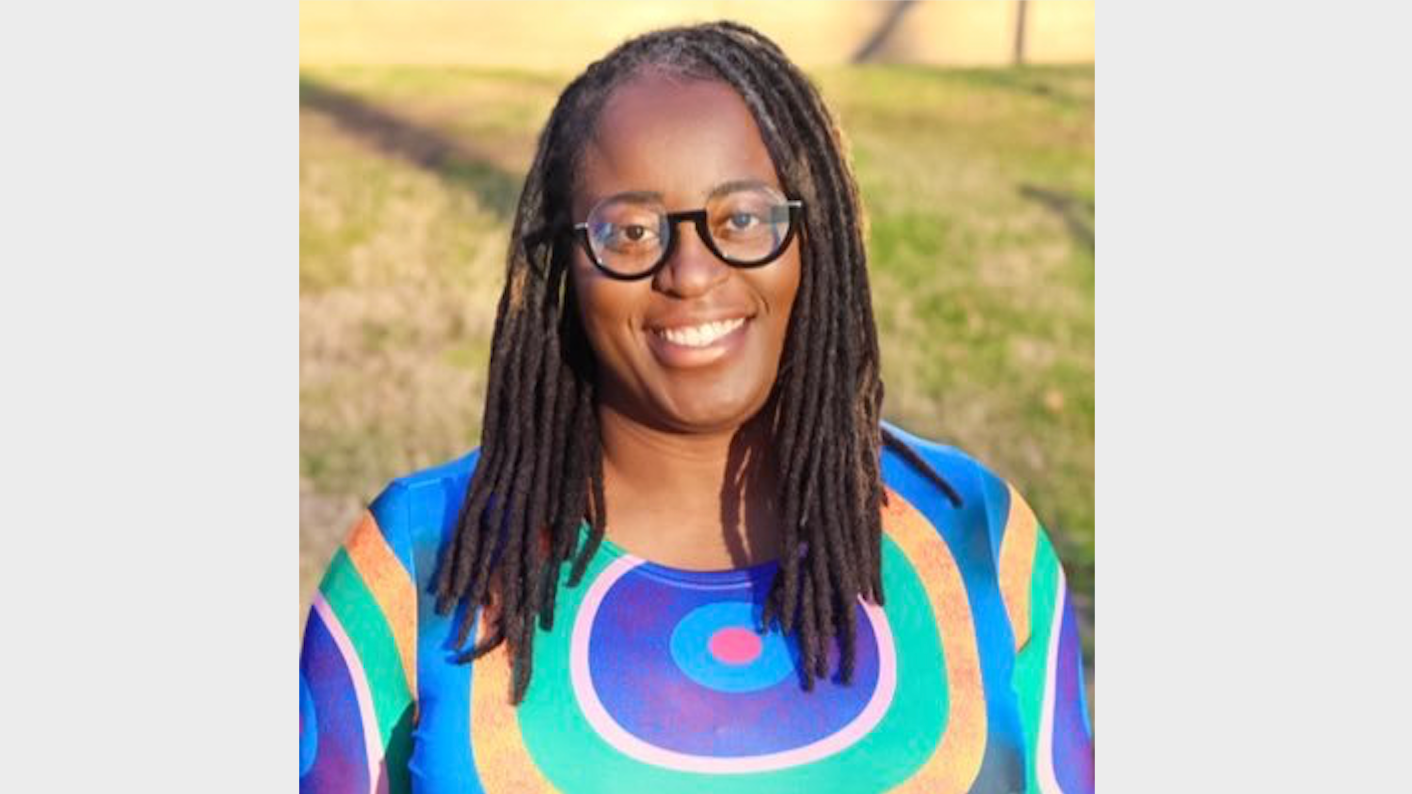
“Around 65 percent or 75 percent of American households have someone that considers themselves a gamer in it,” Ufot remarked. “Obviously, we want to talk to 75 percent of American households about democracy, about our elections, about the minimum wage, about Medicare for all, [and] about climate change.”
On election day, the New Georgia Project along with All Voting is Local and will host the third installment of “Twitch the Vote.” A mix of commentary, game streaming, and musical performances Twitch the Vote is where culture and voting rights coalesce.
“We’re going to be on the front page of Twitch on election day,” an elated Ufot shared. “You know, we’re streaming with our homies Spawn on Me. I’m terribly excited.” The election day edition of Twitch the Vote includes a 12-hour Twitch stream and gaming trucks and various polling locations around the metro-Atlanta area.
New Georgia Project is one of several organizations across the country building the political power of the New American majority including young voters of color. Through hackathons and a video game jam last year, New Georgia Project has consistently innovated in the way it talks about voting and barriers to access.
Like Twitch the Vote, Get Your Booty to the Poll relied on authentic cultural expressions and straight talk to connect with potential voters generally left out of engagement efforts. While the major parties fought over white working class voters, organizers with Get Your Booty to the Poll saw an entire voting bloc being ignored.
“This PSA targeted people [who] are otherwise unheard, overlooked, or not even thought of as having an opinion or concerns,” Coy Malone, a dancer featured in the campaign, told ESSENCE. “We don’t see any kind of political marketing or outreach towards people that patronize strip clubs, we just don’t see it.”
Malone saw the PSA as a way of helping people understand there are folks who don’t vote because no one is talking to them. “People don’t even think that people [who] work in strip clubs, or people [who] attend strip clubs have opinions, or concerns, or that our opinions and concerns matters.”
Paul Fox, a producer on the campaign, said part of their goal was to shock people into paying attention. “Our video was a good wake up call [for] a lot of people to learn, and think about ‘oh that’s right, there is more than just a president on the ballot,’” Fox tells ESSENCE. “We put a lot of people into office on the community level that have a lot of effect on our everyday life.”
Called provocative by some and blasted over alleged decency concerns by others, the Get Your Booty to the Poll team released a second PSA ahead of election day. Teaming up with the New Georgia Project, the second PSA challenges the misogyny and respectability that arose after the first ad head on. Dressed like Sandy before her grease lightening makeover the dancers walk voters through how to fill out their ballot with two senate races up for grabs. After the first minute, they break character and turn up.
“I know we had some haters last time, but this? How we gonna tell them to get their booty to the poll with no booty and no poll?”
“There’s all of these respectable ways that we engage with candidates [and politics],” said Phillips. “If someone runs for office there’s a certain blazer they need to wear. Their hair has to look a certain way. But we know as Black people that our leaders don’t always look like that. The people we trust in our communities don’t look like that.” Phillips called respectability politics a form of gatekeeping that blocks those most impacted by systems of oppression from being able to engage in the process let alone run for office.
To Malone it’s also a matter of people not wanting to be uncomfortable with a reality outside of their own world. “There are so many different realities that people sometimes rather just overlook or overstep,” Malone said. Even with the barriers to political participation, Malone thinks people are tired of the way things are going.

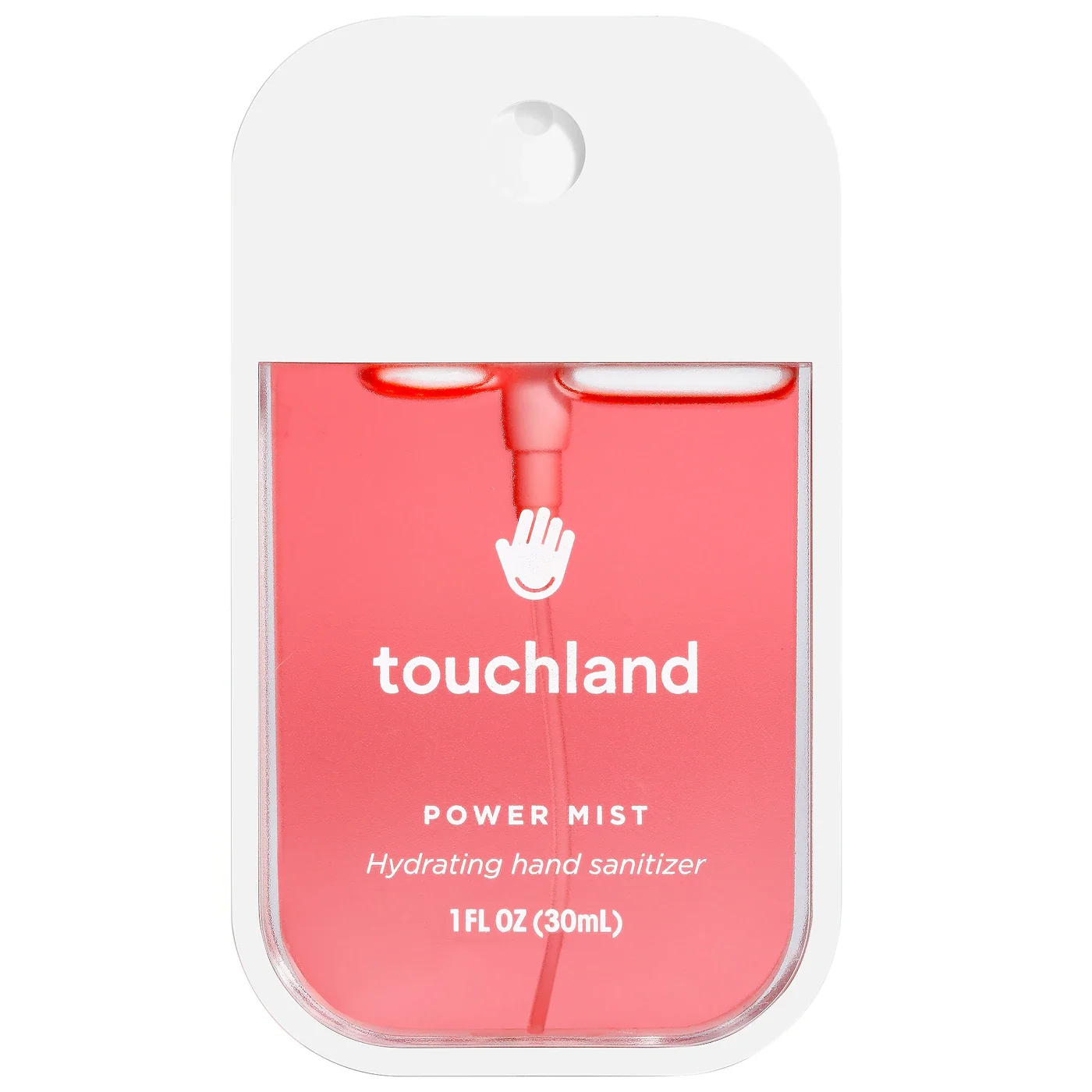
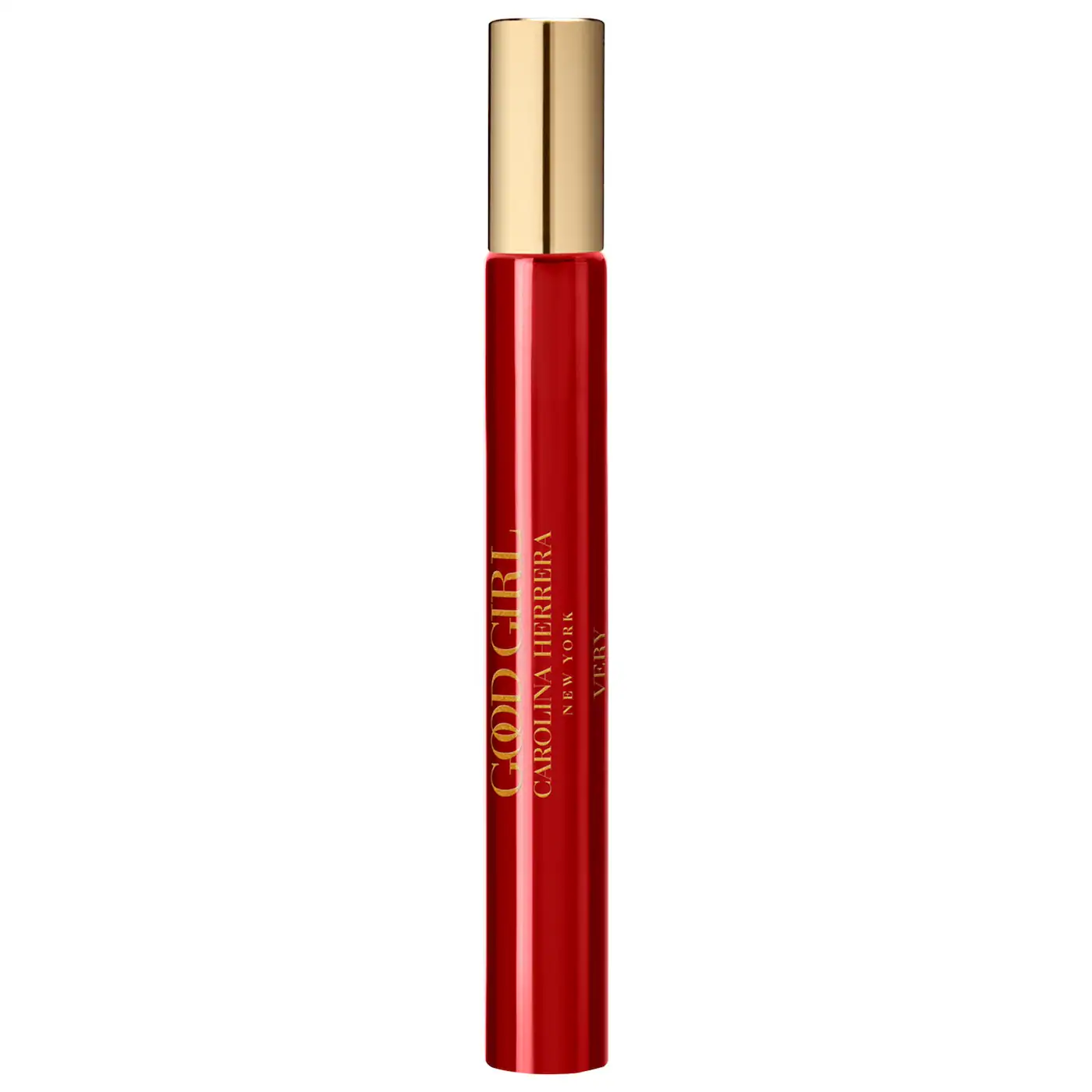
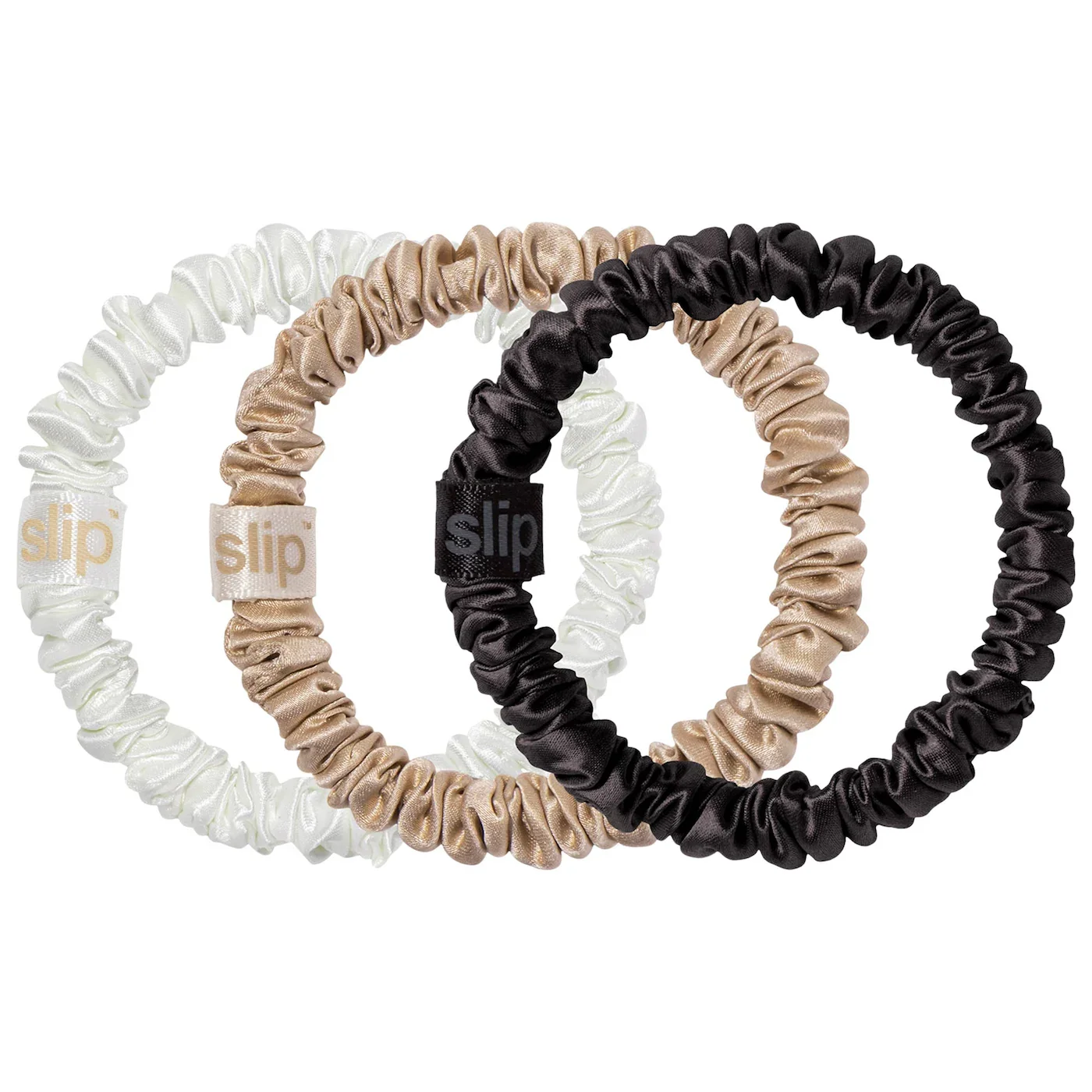
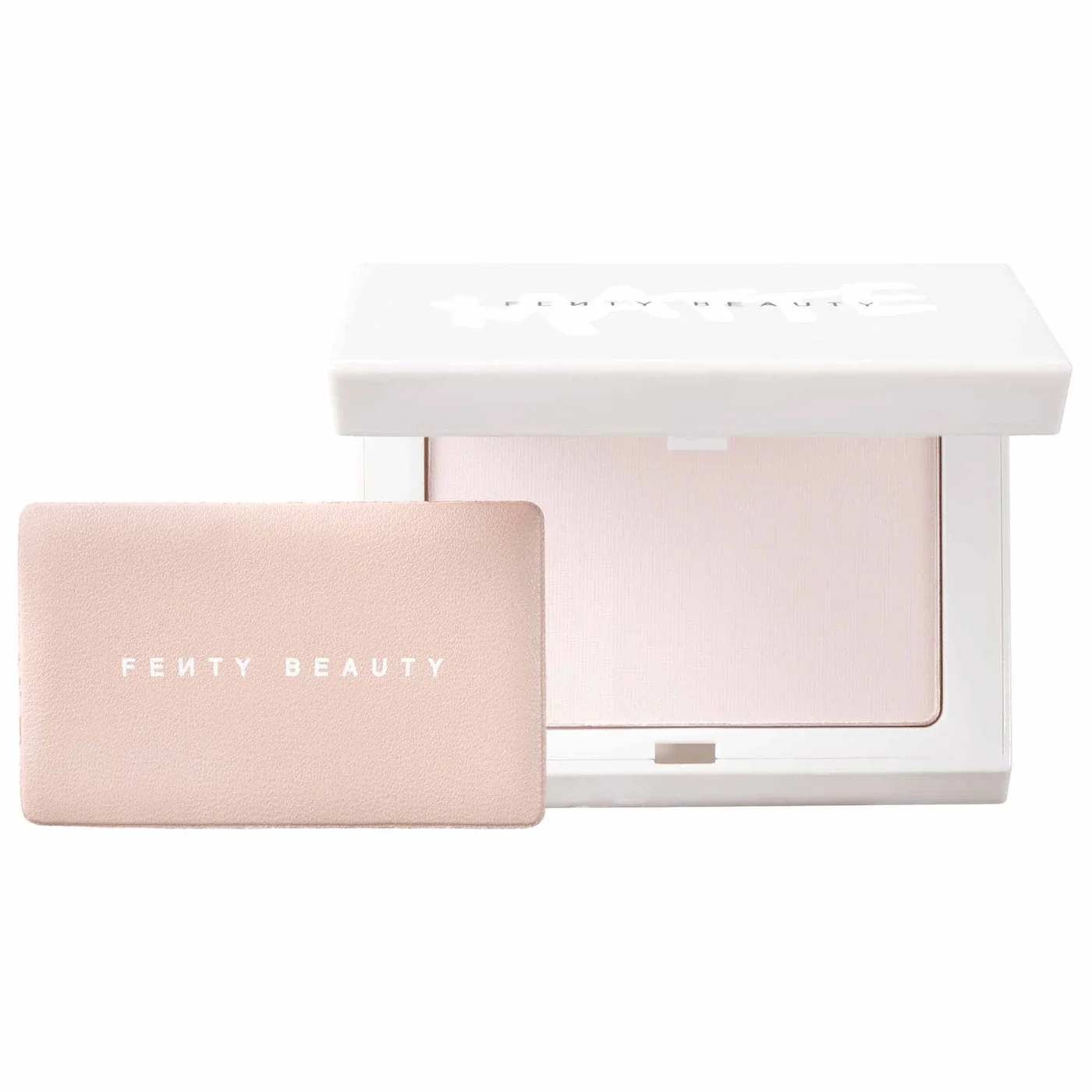


“Now we’re at this teachable moment in time, I feel like a lot of people will choose to be more educated about the things that they can do within their community, including voting that can make [necessary] changes.”

